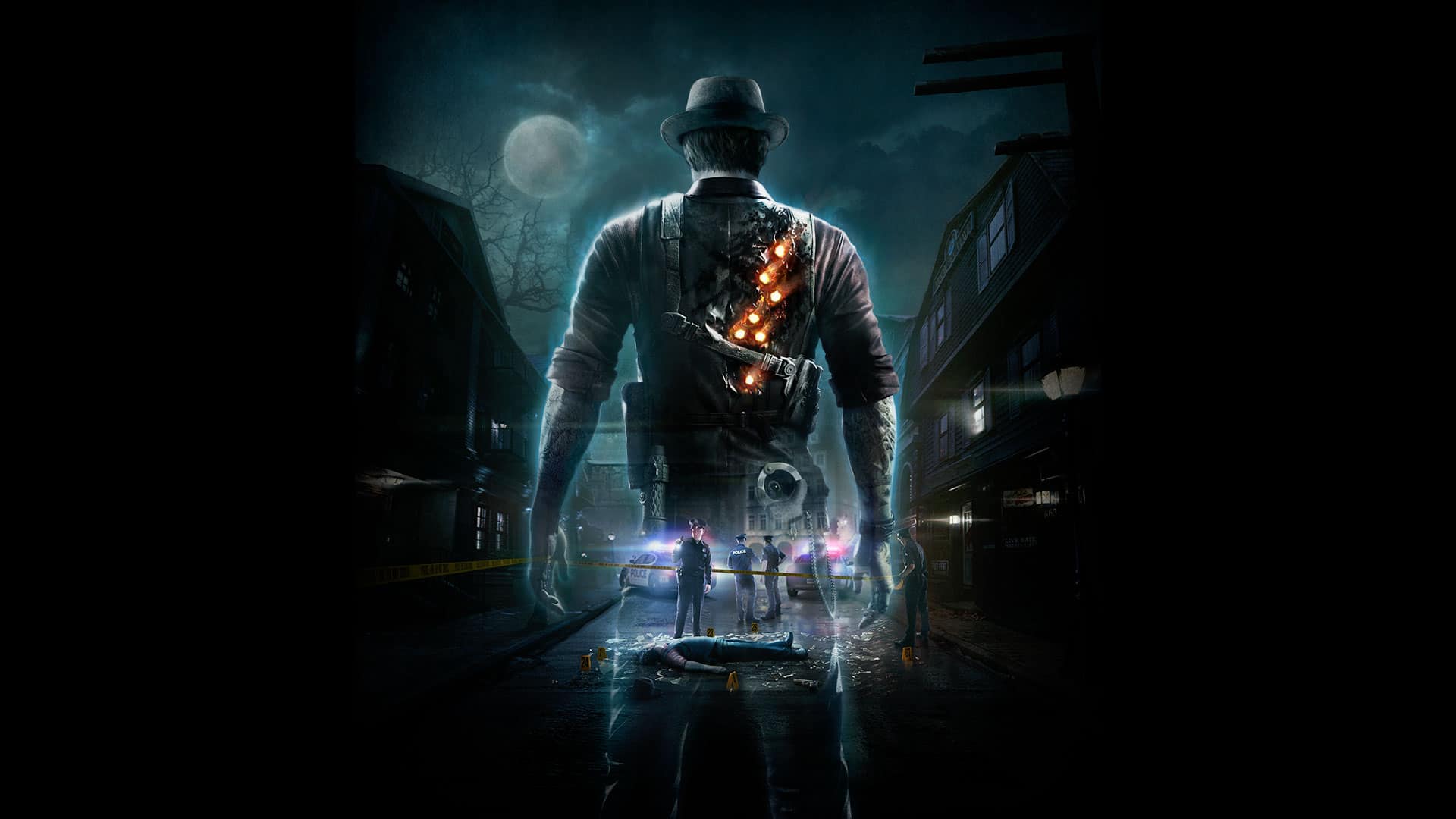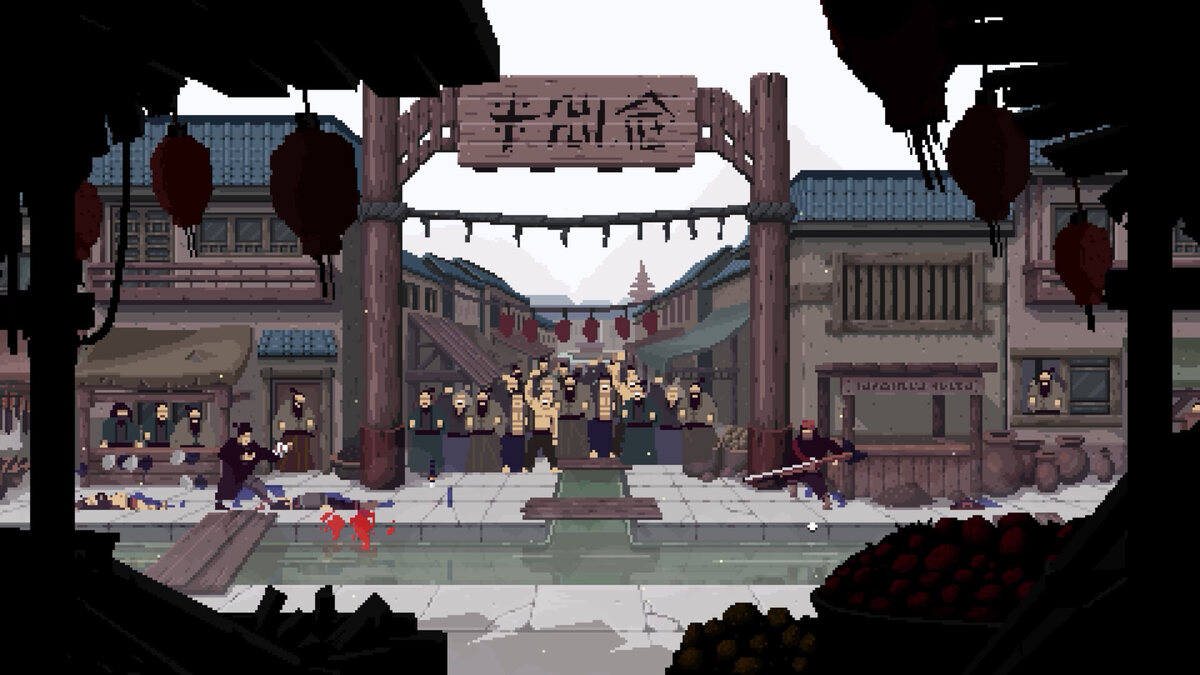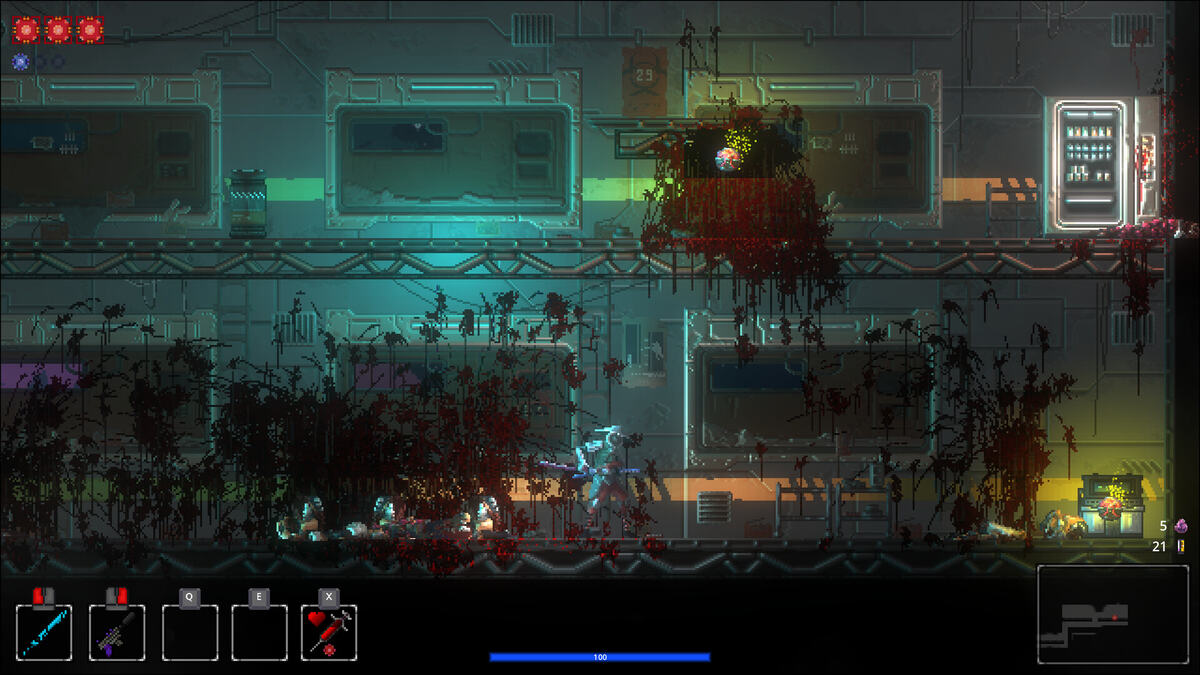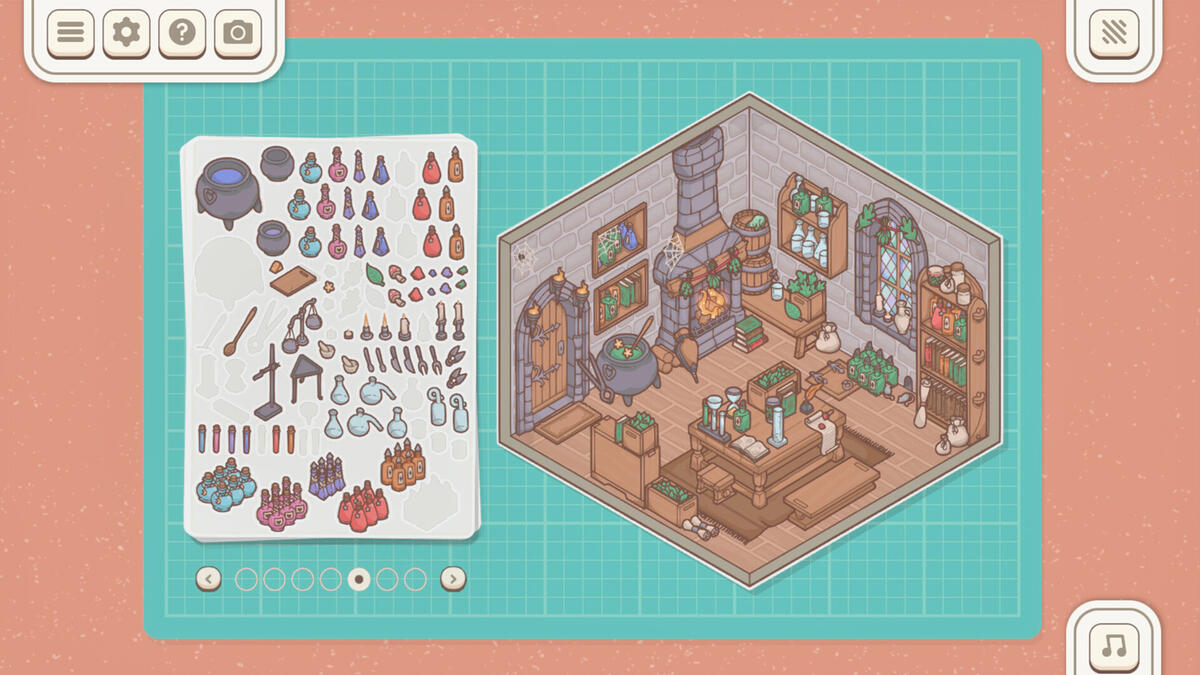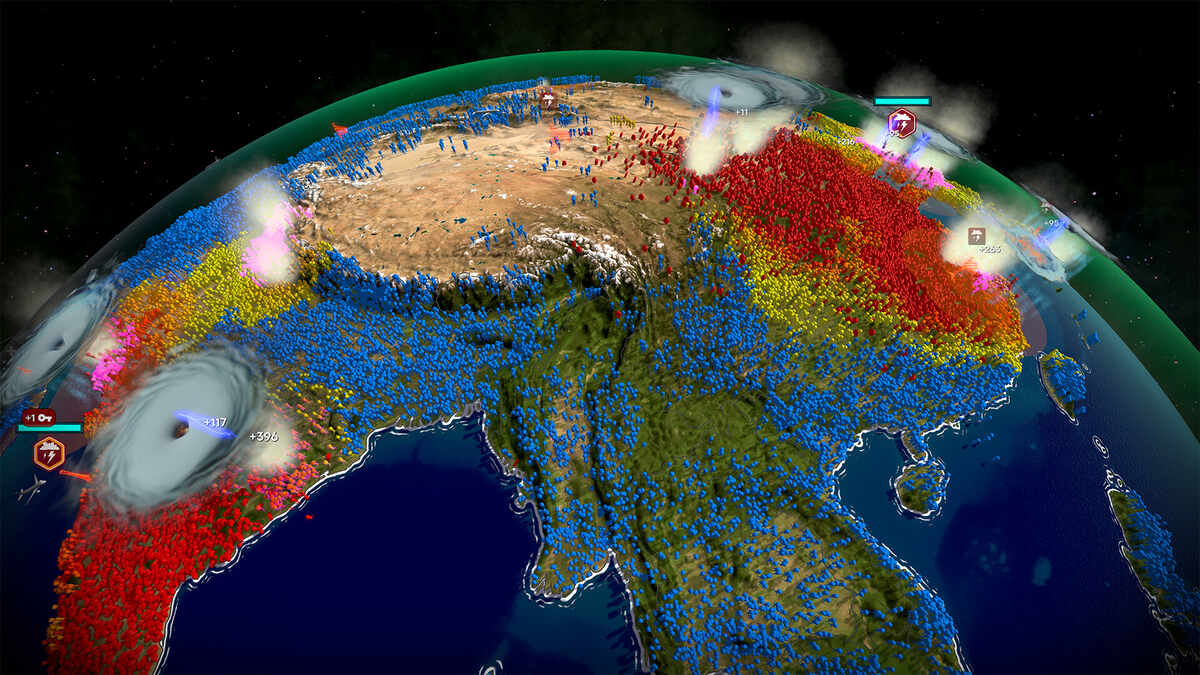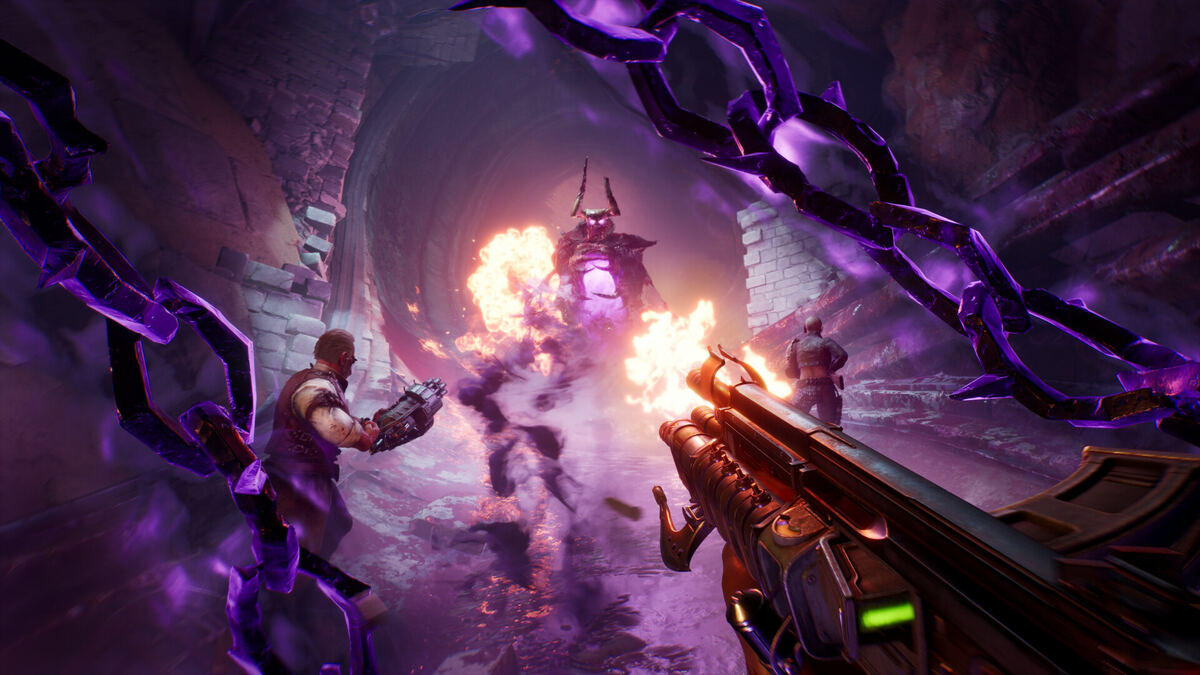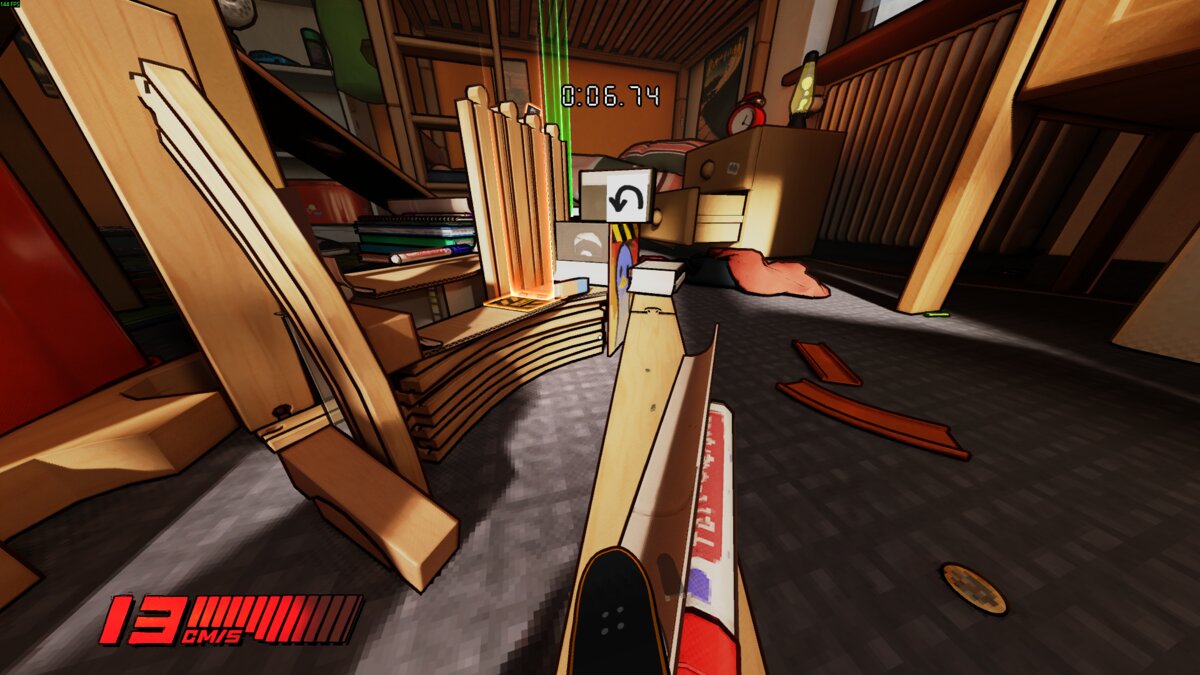You can trust VideoGamer. Our team of gaming experts spend hours testing and reviewing the latest games, to ensure you're reading the most comprehensive guide possible. Rest assured, all imagery and advice is unique and original. Check out how we test and review games here
Why are there not more detective games? If ‘game’ is defined by ‘willingly attempting to overcome unnecessary obstacles’, then engaging in a whodunit would make for a perfect videogame… The case is the obstacle, the investigation is the means to a solution and you are the willing participant. There are many games that have you playing as a detective, but not many that have you playing at being detective.
Airtight Games (Dark Void, Quantum Conundrum) is trying to fill the relative void with ‘supernatural detective thriller’ Murdered: Soul Suspect, a game that sees you play as a ghost trying to solve his own murder. It’s an episode of Scooby-Doo, featuring Casper.
Disappointingly, Murdered’s ghost is not actually Casper, it’s Ronan O’Connor. Ronan is a shady character (nothing says shady like a hat) who, in human form, managed to become a high-ranking detective despite a history shrouded in controversy and potentially less-than-legal activity. The opening cinematic shows Ronan being thrown out of a first-floor window by a masked aggressor, landing and dying on the cobblestones of Salem, Massachusetts. Ronan’s goal from here on, in spectral form, is to identify the killer and uncover the reason/s for the murder.
Rather than simply float around in the living realm of Salem, Ronan’s soul is trapped in an intermediate reality between the living and the dead known as ‘Dusk’. The rules of Dusk are quite simple: you can see the living, but they can’t see you, and physical objects such as walls and furniture can be walked through freely. Not until the riddle is solved can Ronan’s soul pass on to the afterlife – a rule set explained by a young, Dusk-dwelling ghost girl bearing more than a passing resemblance to Wednesday Adams.
To make matters more pressing, Ronan’s wife (who passed away prior to the events of the game due to unknown reasons) is waiting for you in Heaven – a piece of knowledge garnered through a conversation between Ronan and wife and punctuated by the kind of blinding, ethereal light usually reserved for deer-in-the-headlight jokes. Solve the mystery, go to Heaven, get the girl. It’s Hollywood through a Catholic filter.
Following the chat with Wednesday it’s on to the first investigation and a chance to experience first-hand how Murdered is trying to engage, intrigue and challenge through its brand of clue-hunting and witness-badgering. Like any successful detective, your first port of call is to the murder scene. Like any less-successful detective, your first port of call is to the scene of your own murder.
One of ghost Ronan’s most useful tricks is his ability to enter the minds of the living. Although he can’t actually control his host directly, he can read their thoughts, partially influence their actions and eavesdrop on their conversations. Mind reading a cop at the scene, for example, provides leads to key witnesses and gives you access to otherwise classified information.
Cerebral trespassing isn’t only about gathering vital knowledge, it’s also used to expose and deepen the wider narrative and your understanding of the characters. One low-ranking officer at the scene of your murder is seen crouching over your body and stealing the hat from your rigor-mortised head – entering his own head reveals his dislike of you and his lack of empathy at your passing. This kind of exposition is handled as heavily as the rest of narrative, but the fact that you have to uncover it for yourself creates a slight illusion of player agency.
Less agency is attached to finding physical clues, which predominantly sees you walking around crime scenes and pressing a button on anything that happens to stand out in the hope that it’s important. At the murder scene this includes interacting with your own dead body and coming to the conclusion that, due to the number of injuries, your killer wanted you ‘very’ dead. Elsewhere in the demo you’re clicking on books and photos scattered across the apartment from which you were thrown in a bid to work out why the killer was in the area in the first place.
It’s all very ‘my first point and click adventure’, coupled with the frustrations associated with a third-person camera working in tight spaces. As a ghost you can’t directly interact with the physical world, forcing you to influence people and have them act for you at times. One example, from the apartment crime scene, involves a cop staring in vain at a set of files laying on a tabletop. A series of photos quite clearly protrude from underneath the files, but reading his mind reveals he has no knowledge whatsoever of their existence. Clearly, you need to see those pictures, but you need to have him physically move the files out of the way first.
The solution is have Ronan look at the files (thus adding them to your inventory of clues) and then have the cop move them aside by highlighting them in your inventory from inside his head. Abracadabra… you’ve influenced him and you’ve got access to the photos.
While this may act as a tutorial of sorts to get you up to speed with how the mechanics of influencing people with clues works, it doesn’t add much to the believability of the world. In the logic-focused pursuit of police investigation work, would an officer really fail to see those pictures sticking out? Significant suspension of disbelief is required.
Of course, the point of this world isn’t to be wholly logical. Ronan can pass freely through interior walls, but not exterior ones – this is explained by the fact that the residents of Salem have ‘christened’ their property to prevent visits from evil spirits. These rules are broken on occasion, though. He might not meet resistance from interior walls and tables, but he can walk up staircases with no problem… how else would he get to the next level?
What he can never move through are ‘Dusk’ objects, depicted using a grey, TV-static type texture to distinguish them from the real world. Essentially, these Dusk items are used to block your path from areas of Salem that you’re not ready for yet – the city acting as a hub world from which you travel between scenes of investigation.
The Dusk also contains aggressive demons, souls like Ronan that have been trapped in limbo for so long that they’ve turned to the dark side. There’s no way to engage in direct combat with them, so stealth is your only viable strategy. Hazy, smoke-like ‘memory residues’ left behind by other ghosts float in the environment, granting you invisibility from the demons if you hide inside them. From there you can wait for demons to pass, or remove them by stealth by sneaking up on them and successfully performing a simple QTE.
Our demo featured only a couple of instances of the most basic combat, so it’s impossible to say how difficult such encounters are eventually going to get. What we can say, though, is that if you’re seen by a demon it’s incredibly hard to throw them off your scent again, as they start to take great care in examining each and every memory residue. If you get stuck in an area with limited hiding places, they will find you. Best not to get seen in the first place.
Airtight is quite clearly set on trying to do something different in a triple-A development space that has increasingly become the exclusive bastion of shooters, stealth and RPG titles. It’s difficult to try and decipher whether or not Murdered’s various threads are going to result in a cohesive whole, but the approach undoubtedly demands and deserves attention.
Murdered: Soul Suspect
- Platform(s): PC, PlayStation 3, PlayStation 4, Xbox 360, Xbox One
- Genre(s): Action, Adventure, RPG

/https://oimg.videogamer.com/images/860a/murdered_soul_suspect_17.jpg)
